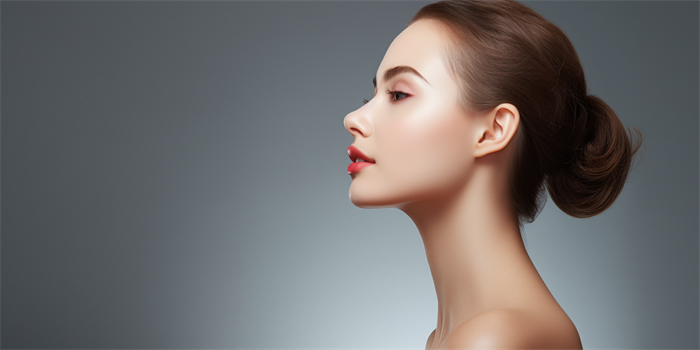Can I Eat Shrimp After AlloDerm in Dublin?
Introduction to AlloDerm Procedure
AlloDerm is a type of graft material used in various surgical procedures, including dental implants, hernia repairs, and breast reconstruction. It is derived from donated human tissue and is processed to remove cells, leaving behind a collagen matrix. This matrix is then used to support and promote natural tissue growth. The procedure is popular in Dublin due to its effectiveness and minimal risk of rejection.

Dietary Considerations Post-AlloDerm
After undergoing an AlloDerm procedure, it is crucial to follow a specific diet to ensure proper healing and reduce the risk of complications. Generally, patients are advised to avoid hard, crunchy, or spicy foods that could irritate the surgical site. Shrimp, being a soft seafood, might seem like a safe option, but there are several factors to consider.
Potential Risks of Eating Shrimp Post-AlloDerm
1. **Allergic Reactions**: Some individuals may be allergic to shellfish, including shrimp. An allergic reaction can lead to swelling, itching, and in severe cases, anaphylaxis. Given that the immune system is already dealing with the introduction of foreign material (AlloDerm), an allergic reaction could complicate the healing process.
2. **Foodborne Illness**: Shrimp, if not properly cooked or stored, can carry bacteria such as Vibrio or Salmonella. These pathogens can cause gastrointestinal issues, which might interfere with the healing process and increase the risk of infection at the surgical site.
3. **Nutritional Balance**: While shrimp is rich in protein and essential nutrients, it is also high in cholesterol. Post-surgery, maintaining a balanced diet is important to support healing. Consulting with a nutritionist can help tailor a diet that includes or excludes shrimp based on individual health needs.
Expert Recommendations
Medical professionals typically recommend a soft diet for the first few weeks after an AlloDerm procedure. This includes foods like mashed potatoes, yogurt, and cooked vegetables. Shrimp, while soft, should be approached with caution. It is advisable to consult with your surgeon or a dietitian to determine if shrimp is suitable for your post-operative diet.
FAQ
Q: How long should I wait before eating shrimp after an AlloDerm procedure?
A: It is generally recommended to wait at least two weeks post-procedure. However, this timeline can vary based on individual healing progress and any specific dietary restrictions provided by your healthcare provider.
Q: Can I eat shrimp if I have no known allergies?
A: Even without known allergies, it is advisable to introduce shrimp gradually into your diet post-surgery. Monitor for any signs of discomfort or allergic reactions.
Q: What are the best foods to eat after an AlloDerm procedure?
A: Soft, easily digestible foods are ideal. Examples include soups, smoothies, mashed potatoes, and well-cooked vegetables. These foods minimize the risk of irritation and support a smooth healing process.
Q: Is it safe to eat raw shrimp after AlloDerm?
A: No, raw shrimp can carry harmful bacteria. It is crucial to cook shrimp thoroughly to reduce the risk of foodborne illness, which could complicate the healing process.
Q: Can I eat shrimp if I have a history of gastrointestinal issues?
A: Individuals with a history of gastrointestinal issues should be particularly cautious with shrimp. It is best to consult with a healthcare provider to determine if shrimp is suitable for your post-operative diet.
Conclusion
While shrimp is a soft food that might seem appropriate for a post-AlloDerm diet, several factors including potential allergic reactions, foodborne illness risks, and nutritional balance need to be considered. Always consult with your healthcare provider to ensure that your dietary choices support a safe and effective healing process.




